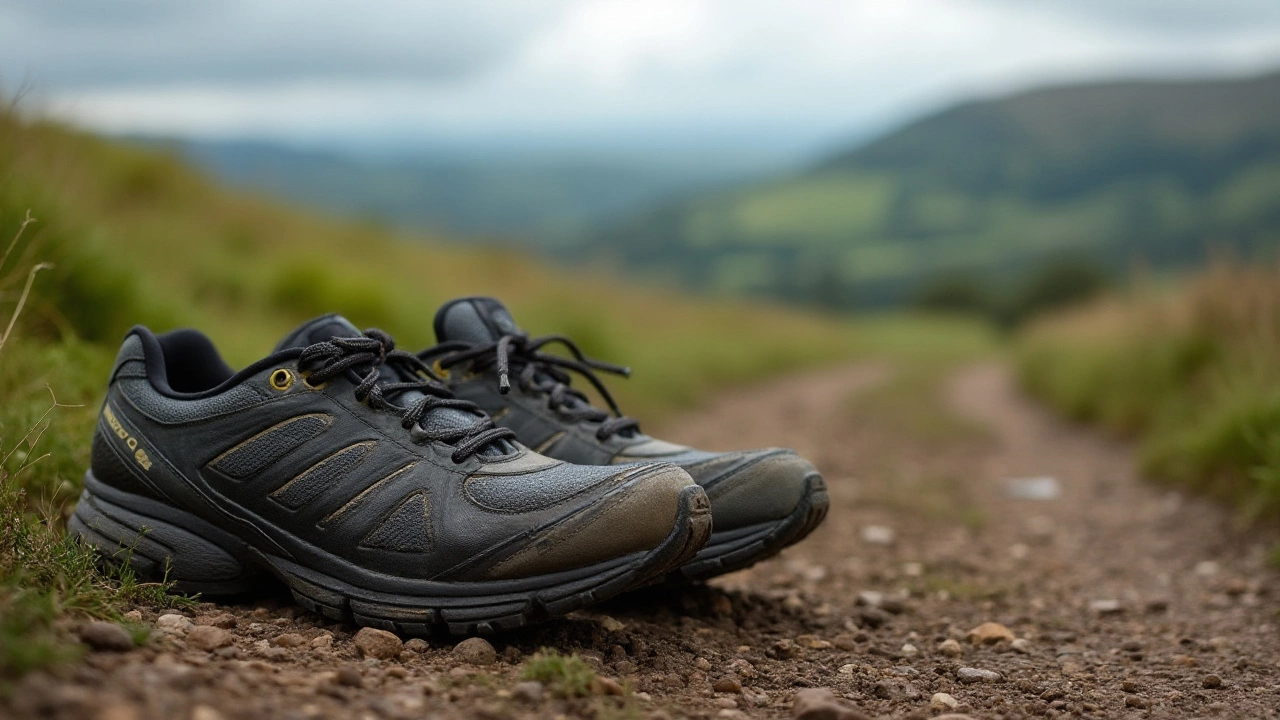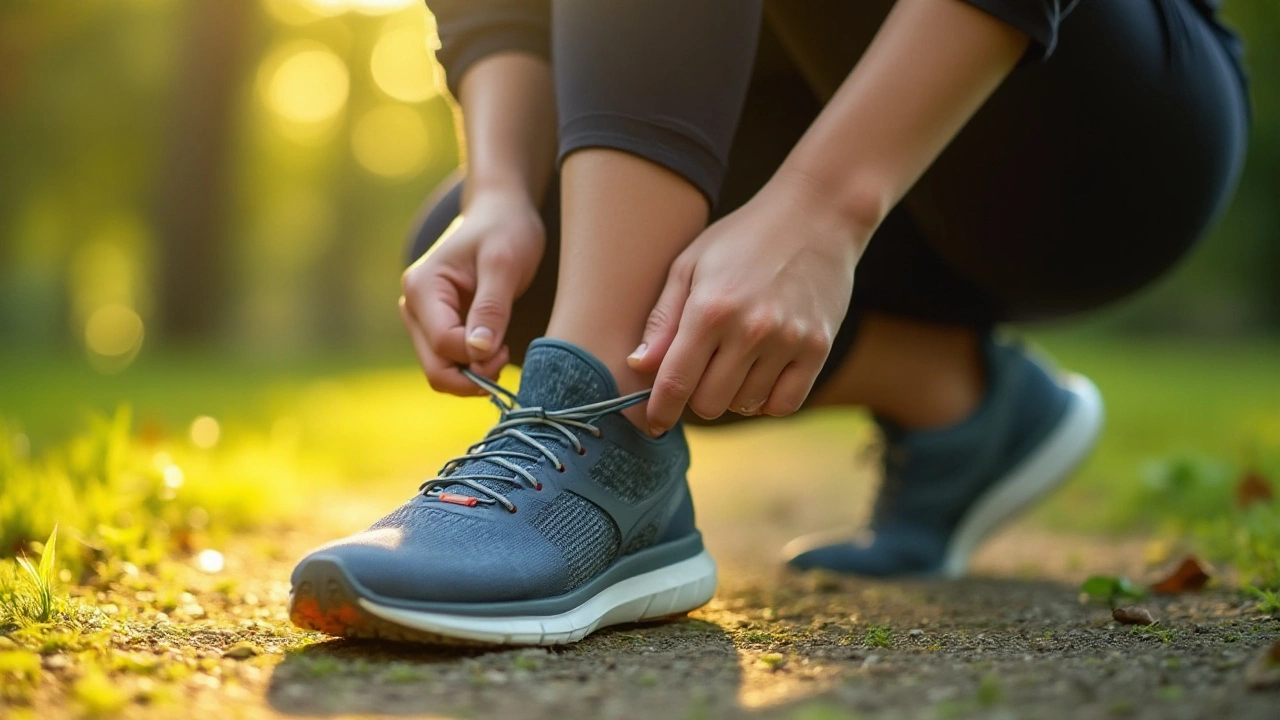Athletic Footwear Guide – Pick the Right Shoes for Every Workout
If you’re buying new shoes, you probably want something that feels good, lasts long, and helps you perform better. Athletic footwear isn’t a one‑size‑fits‑all thing – a running shoe is built differently from a basketball sneaker or a cross‑training trainer. This guide walks you through the basics so you can pick the pair that matches your sport and your budget.
Why the Right Shoe Matters
The right shoe does more than protect your feet. It can reduce the risk of injuries, improve your balance, and even make you faster. For example, a proper running shoe gives enough cushioning to absorb impact when you hit the pavement, while a weight‑lifting shoe has a firm, flat sole that lets you push hard without wobbling. Wearing the wrong shoe for a specific activity often leads to sore calves, knee pain, or blisters.
How to Pick the Best Pair
1. Know the activity. First, decide where you’ll use the shoes most. If you mostly jog on roads, look for road running shoes with smooth outsoles and good shock absorption. If you hit the gym for HIIT or circuit training, a cross‑training shoe with a sturdier sidewall and a slightly lower heel works best. For court sports like basketball or squash, choose shoes with ankle support and a grippy tread.
2. Get the right fit. Shoes should feel snug around the heel but have a thumb’s width of space in the toe box. Try them on later in the day when your feet are a bit swollen – that’s how they’ll feel during a long workout. Walk around the store, bend your knees, and make sure there’s no slipping or pinching.
3. Check the cushioning. More cushioning isn’t always better. Heavy‑weight runners often prefer a firm midsole for better energy return, while casual joggers enjoy extra plushness. For weight lifting, minimal cushioning gives a stable base. Test the bounce by pressing down on the heel; a good shoe will feel firm and return quickly.
4. Look at breathability. Mesh uppers let air move through, keeping feet cool and dry. If you train in hot gyms or run in summer, opt for shoes with ventilation panels. Waterproof shoes are handy for trail running in wet conditions, but they can feel hotter inside.
5. Consider durability. The outsole material tells you how long the shoes will last. Rubber with a hard‑wear pattern is great for pavement; a softer rubber can wear quickly on rough trails. If you’re on a tight budget, you might buy a slightly older model that still offers solid performance but at a lower price.
Lastly, read a few user reviews for the model you’re eyeing. Real‑world feedback often highlights quirks that specs don’t mention – like a tendency for the midsole to compress after a few months or a lace system that keeps coming loose.
Putting these steps together makes shoe shopping less confusing. Know your sport, try the fit, test the feel, and match the features to your needs. When you wear the right pair, you’ll notice better comfort, fewer aches, and maybe even a personal best in your next workout.
Is Brooks a Good Running Shoe? Real Runner Insights

Wondering if Brooks makes good running shoes? This article breaks down what makes Brooks stand out in a crowded market, who benefits most from their designs, and whether their models are right for your feet. You'll find tips for picking the right Brooks pair and see how they stack up against other brands. The insights come straight from miles on the road, not just marketing buzz. Get real answers for your next run.
When to Swap Out Your Running Shoes for Maximum Performance

Running shoes are essential equipment for any runner, but knowing when to replace them can be tricky. Shoe lifespan varies by usage and can affect your performance and health. Factors such as terrain, frequency of running, and individual stride can influence how quickly shoes wear out. This article offers practical tips and signs to watch for when deciding to upgrade your running shoes.
Finding the Perfect Fit: Are Snug Running Shoes Ideal?

Choosing the right fit for running shoes is crucial for comfort, performance, and injury prevention. Finding a snug yet not too tight fit ensures proper support and breathability. This article explores how snug running shoes should be, factors influencing the fit, common misconceptions, and how to choose the right pair for your needs.
